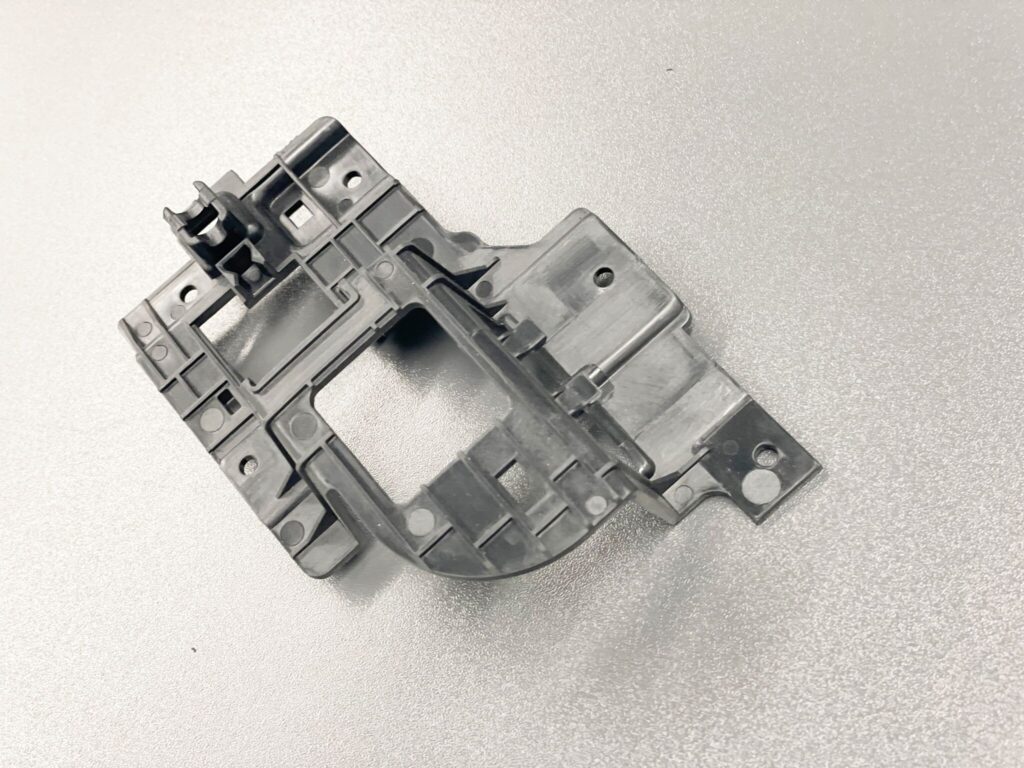The design and manufacture of plastic injection mould tools have evolved significantly with the advent of specialty moulding compounds. For OEM and tier-one manufacturers, these advanced materials offer unparalleled benefits, enhancing the performance, durability, and precision of injection moulded parts. Here’s a deep dive into how specialty moulding compounds are revolutionising the industry:
1. Superior Material Properties
Specialty moulding compounds are engineered to exhibit superior properties such as high strength, thermal stability, and chemical resistance. These materials are tailored to meet specific performance criteria, making them ideal for demanding applications in the automotive, aerospace, and consumer electronics industries. By utilising these compounds, mould tool manufacturers can produce components that withstand extreme conditions and maintain their integrity over time. This ensures that OEM and tier-one manufacturers receive parts that meet stringent quality and durability standards.
2. Enhanced Design Flexibility
The versatility of specialty moulding compounds allows for greater design flexibility. These materials can be formulated to achieve specific characteristics such as reduced weight, improved electrical conductivity, or enhanced impact resistance. This flexibility enables designers to innovate and create complex geometries that would be challenging with traditional materials. For example, lightweight composite compounds can replace metal parts, leading to significant weight reductions and improved fuel efficiency in automotive applications. The ability to tailor material properties to specific needs empowers manufacturers to deliver customized solutions that meet diverse market demands.
3. Improved Manufacturing Efficiency
Specialty moulding compounds can streamline the manufacturing process by reducing cycle times and minimizing defects. These materials often have superior flow characteristics, which improve mould filling and reduce the likelihood of voids and warping. Additionally, they can be processed at lower temperatures and pressures, leading to energy savings and reduced wear on mould tools. For OEM and tier-one manufacturers, this translates to higher productivity, lower production costs, and enhanced product quality. The use of these advanced materials supports lean manufacturing principles and helps maintain a competitive edge in the market.
4. Sustainability and Environmental Benefits
Many specialty moulding compounds are developed with sustainability in mind. Biodegradable and bio-based polymers are increasingly available, offering environmentally friendly alternatives to conventional plastics. These materials reduce the environmental impact of plastic products and support circular economy initiatives. For OEMs and tier-one manufacturers, incorporating sustainable materials into their products is not only a regulatory requirement but also a market differentiator. Consumers and stakeholders are increasingly demanding eco-friendly products, and the use of sustainable specialty moulding compounds can enhance brand reputation and meet these expectations.
5. High-Performance Applications
The advanced properties of specialty moulding compounds make them suitable for high-performance applications where traditional plastics may fall short. In the automotive industry, for example, these materials are used to produce components that must endure high temperatures, mechanical stress, and chemical exposure. Examples include under-the-hood parts, structural components, and interior elements. The ability to deliver high-performance parts that meet rigorous industry standards is critical for OEM and tier-one manufacturers striving for excellence and innovation.
The integration of specialty moulding compounds in the design and manufacture of plastic injection mould tools offers significant advantages for OEM and tier-one manufacturers. From superior material properties and enhanced design flexibility to improved manufacturing efficiency and sustainability, these advanced materials are key to achieving high-quality, high-performance parts. Embracing specialty moulding compounds is a strategic move that can drive innovation, efficiency, and sustainability in the competitive landscape of plastic injection moulding.


